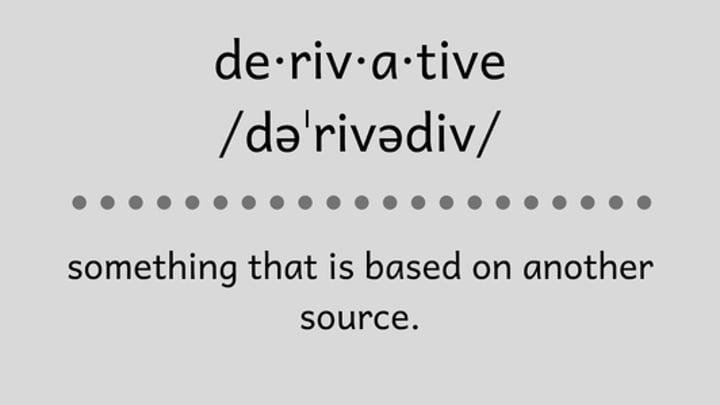
It’s Halloween season, time to talk about something SPOOKY!

While they might not be your worst nightmare-come-to-life, derivatives can be frightening. But today we’re going to unmask these for you, and they will be scary no more!
Think about derivatives is as being “derived” from something else. For example, imagine you have an option on a stock for Company A. That company is doing very well for itself, which means lots of other people also want to have the same option. This drives the value up—great! In this scenario, the good value of the option is derived from the success of the company.

Now you might also have an option in Company B which has been doing poorly. Other people will not want the stock options for this company which means that the derived value of the option will be lower.
Now that you understand a little about what derivatives mean, why are we talking about them?
Isaiah Goodman, Chief Financial Advocate at Becoming Financial, is certified with his Series 6, 63, 66, and 7 to discuss all the complex ins-and-outs of derivatives, but most clients don’t need to talk about this so in-depth. However, many people today work for companies that offer stock options as a form of compensation.
These can be a great opportunity to take advantage of, so it’s important to understand the basics of what they mean and how they work. And of course if you need any specific help, your adviser is always ready to assist you!
What you are actually paying for in these cases is the contract, not the actual stock position. For example, with trade-able commodities such as gold, silver, or grains, you can buy a contract to purchase at a set rate. If you think the price of wheat will increase exponentially soon, you could contract to buy it at today’s price for the next year. If the price does indeed go up, you will have saved money!
Airlines can also do this with jet fuel. They contract to buy oil in the FUTURE at a price they determine today. Even if the price doubles, they will only be paying the price in the contract. When the contract ends however, they will have to renegotiate and start the process again. These futures are pretty neat, but they are not trade-able on the market. The airline might sell some of their fuel to another airline if they have too much, but the price would not be available to everyone.

A swap might be seen when setting interest rates. For example, if you purchased a large building at a low variable interest rate, but then the interest rate went sky-high after a few years, you might have the option to “swap” it to a fixed interest rate that will remain the same going forward.
Finally, let’s talk about options. These allow you to do a certain action at a certain time. For a “put” action, if you have a stock or commodity that you think might go down in value next year, you might “put it down” at today’s price of $50. The purchaser of that option disagrees with you—they think it will be worth more next year so they buy that. If the value does go down to $40, you will still be paid $50—sweet! It is basically the opposite for a “call” action. If you think the value will go up to $60 next year, you might agree to pay $50. If the value does indeed increase to $60, then you’ve gotten it for $50. These are confusing as they are disguises of the actual assets, so you want to be careful.

As always, you can work with your adviser for any questions you might have.
You now have a basic understanding of derivatives, and that wasn’t too scary, right?!
About the Creator
Isaiah Goodman
Isaiah is a Certified Financial Education Professional TM and a dynamic speaker who loves to empower others. Isaiah has been married to his wife since 2012. At home they are joined by their four children and dog.






Comments
There are no comments for this story
Be the first to respond and start the conversation.